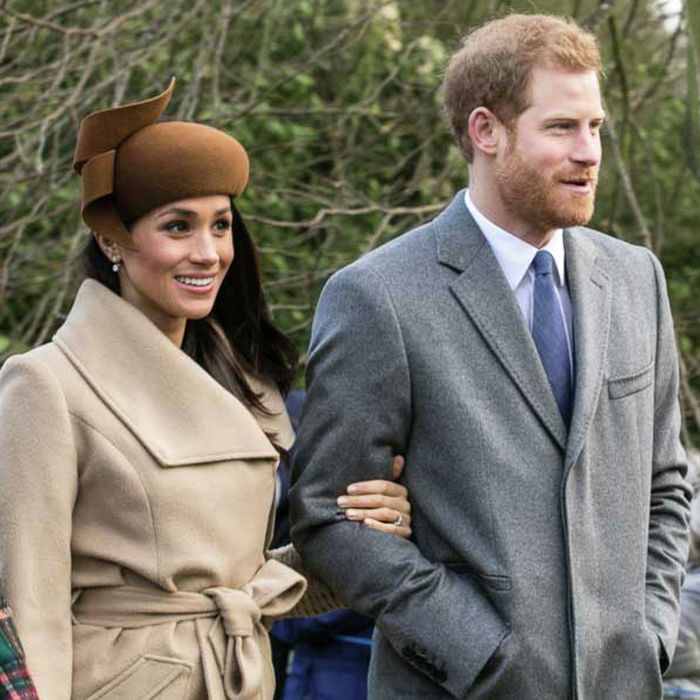To combat Cambridge’s inequality problem, we must first stop ignoring it
Isobel Duxfield seeks to remind us of our privileged status as students of the University, and urges us to do more to combat the gross inequality we see

It is official: Cambridge is Britain’s most unequal city. A 2018 investigation revealed that a fifth of the Cambridge population takes home just 2% of total income. These horrifying statistics demand a re-evaluation of the relationship between students and the wider urban community.
The plight of Cambridge’s appallingly-large homeless population is frequently discussed in Varsity. Indeed, one homeless woman’s horrific ordeal of giving birth in the shadow of Trinity College, captured headlines here, and across the country. These conversations are vital; however, they neglect the ubiquity of disparity.
Cambridge is a tale of two cities. The city has enjoyed phenomenal growth over the last several decades. As high-tech and bio-medical businesses flock to the city, with science and “innovation” parks delivering high paid jobs, the city has prospered. We now boast the sixth highest average weekly earnings of any city in the UK.
“...much of the academic elite are shielded from the worst financial pressures of living here.”
However, with a fifth of people in the East of England living in poverty, this growth has clearly not been felt equally. Nationally, there are growing trends of disparity, leaving the country’s most vulnerable in increasingly precarious circumstances. However, in Cambridge, these trends are particularly pronounced: 19% of the city’s total income is generated by 6% of earners, and the bottom 20% of the population account for just 2% of income. A cursory glance at Cambridgeshire Insight’s deprivation map of the city reveals the scary levels of inequality pervading the city.
Rocketing house prices have augmented this situation. Today the average cost of a home in Cambridge is almost £440,000. This is an astonishing 73% rise in the last decade, a higher rate of growth than any other region of the UK. With average prices more than 16 times the median annual salary and rents far outstripping the Local Housing Allowance, many are struggling to keep a roof over their head. Indeed, housing charity, Crisis, recently warned that families are foregoing food to meet the monthly rent.
This situation was brought to bare in Channel 4’s recent programme ’Growing Up Poor: Britain’s Breadline Kids’. Many of us watched horrified as one single mother from Cambridge struggled to feed and clothe her family on just £5 a day, relying on local (heavily under resourced) foodbanks, before eventually being forced to relocate to cheaper housing in northern England. As a Cambridge resident, this was not just heart-breaking but embarrassing to witness.
Meanwhile, enjoying subsidised college accommodation and access to a cut-price, university-backed shared equity mortgage scheme, much of the academic elite are shielded from the worst financial pressures of living here.
The university is not just a passive observer in Cambridge’s inequality, it reinforces disparity. A freedom of information request revealed just eight out of 31 colleges paid their staff the living wage, with more than 1,100 staff earning less than this threshold. As Cambridge students, and residents of the city, we must examine our own role in this system.
I am not claiming that the University or its students bare responsibility for the inequality discussed above - it is a product of a much wider, state-sponsored capitalist system. Yet, this is no excuse to ignore it. Cambridge’s divisions run deeper than demographic statistics suggest. Cambridge students live an incredibly circumscribed existence in the city. Residing within the grandeur of college grounds, shuttling between bops, formals and lecture halls, many of us inhabit a parallel universe to the rest of Cambridge’s population. We urgently need to reconsider what being a citizen of this city truly means.
Several student run organisations endeavour to bridge the gap between students and the local community. Cambridge University Foodbank Society, Cambridge Homeless Outreach Programme (CHOP) and Cambridge Student Community Action all conduct fantastic work in local schools, food banks and homeless shelters.
“Our mission at Cambridge Homeless Outreach Programme is breaking Cambridge students out of the university bubble and engaging with the wider community,” says CHOP’s Communications Officer, Cynthia Fernando. “We hope to make a lasting impact in the form of social change.” This is a good start, but it will take many more efforts like this to erode town and gown divisions.
Cambridge is quick to herald its standing on national leader boards, but Britain’s most unequal city is not a title we should be proud of. We ignore this gulf at our peril. Racism, homophobia, Islamophobia and antisemitism have all been fuelled by the disunity borne from socioeconomic disparity, and the marginalisation of inequality from political conversations.
If we continue to maintain this geographic and psychological segregation between University and wider city, we risk sowing the seeds for even more damaging polarisation.
 Comment / Cambridge’s tourism risks commodifying students18 April 2025
Comment / Cambridge’s tourism risks commodifying students18 April 2025 News / Cambridge student numbers fall amid nationwide decline14 April 2025
News / Cambridge student numbers fall amid nationwide decline14 April 2025 News / Greenwich House occupiers miss deadline to respond to University legal action15 April 2025
News / Greenwich House occupiers miss deadline to respond to University legal action15 April 2025 Comment / The Cambridge workload prioritises quantity over quality 16 April 2025
Comment / The Cambridge workload prioritises quantity over quality 16 April 2025 News / Varsity ChatGPT survey17 April 2025
News / Varsity ChatGPT survey17 April 2025





